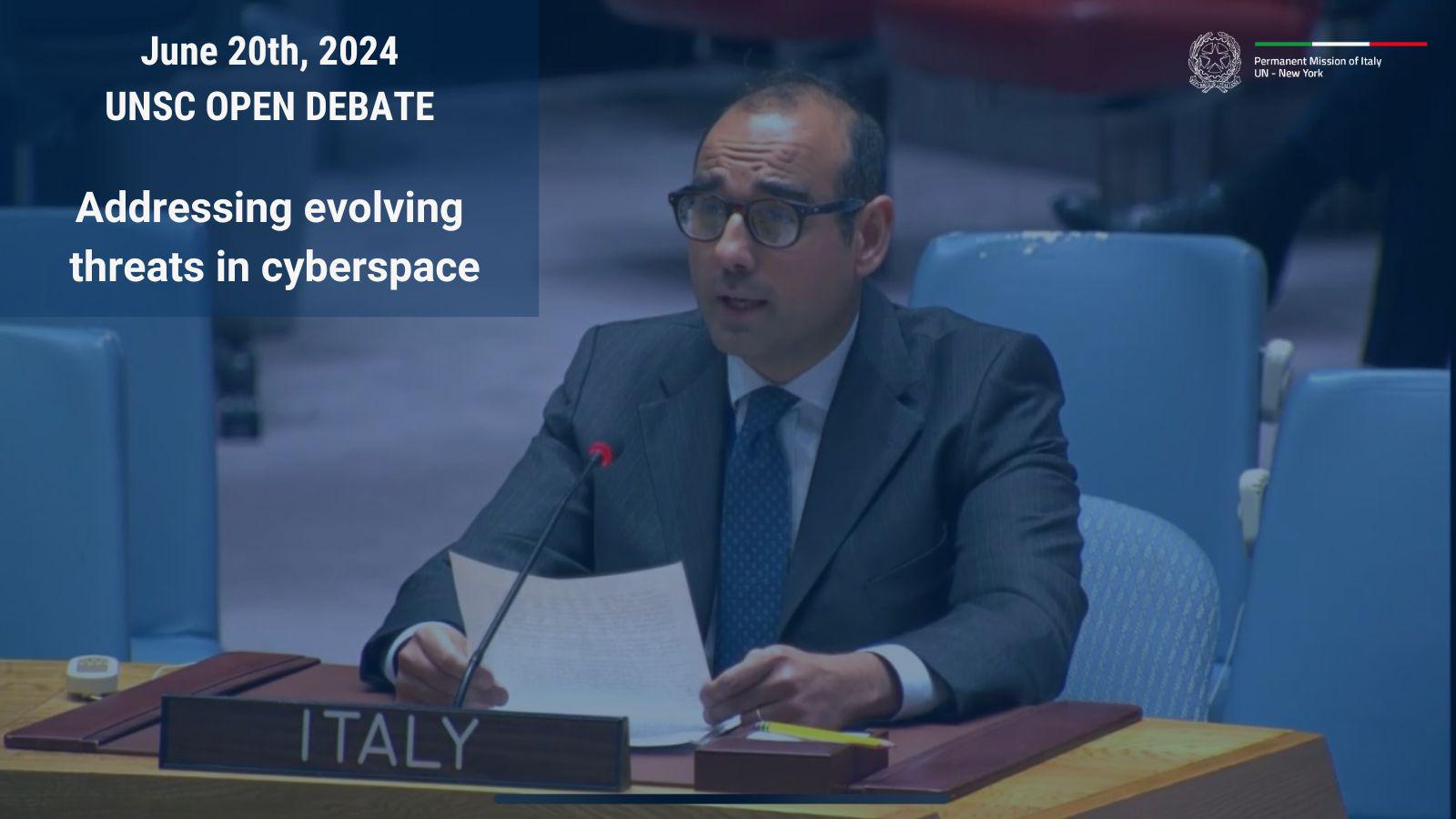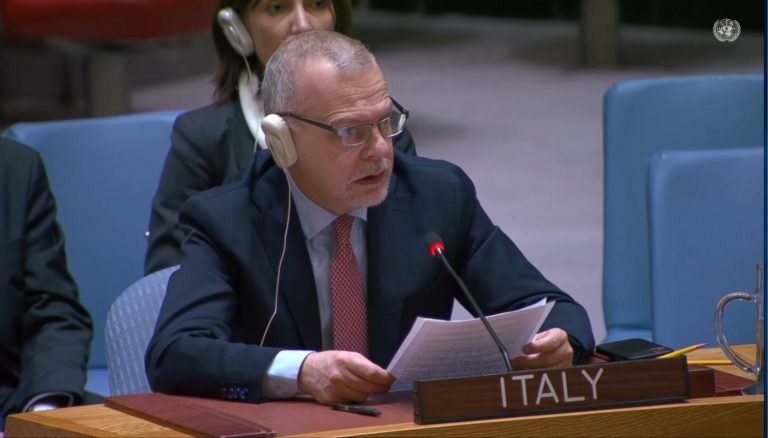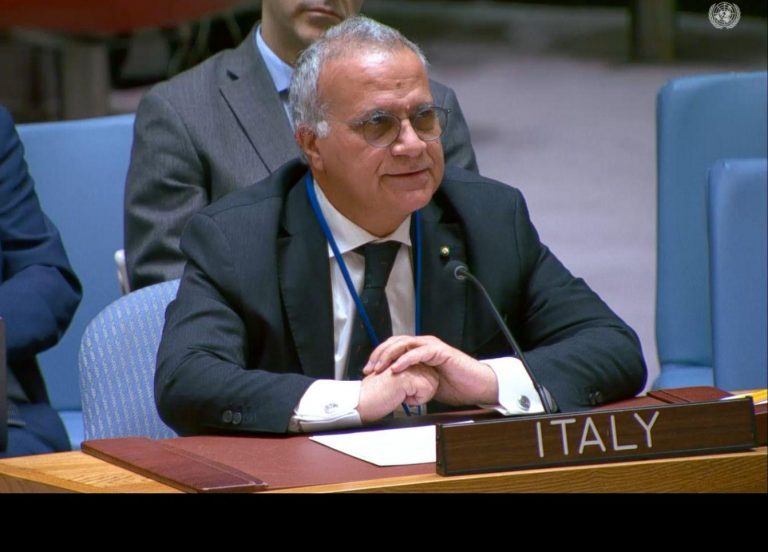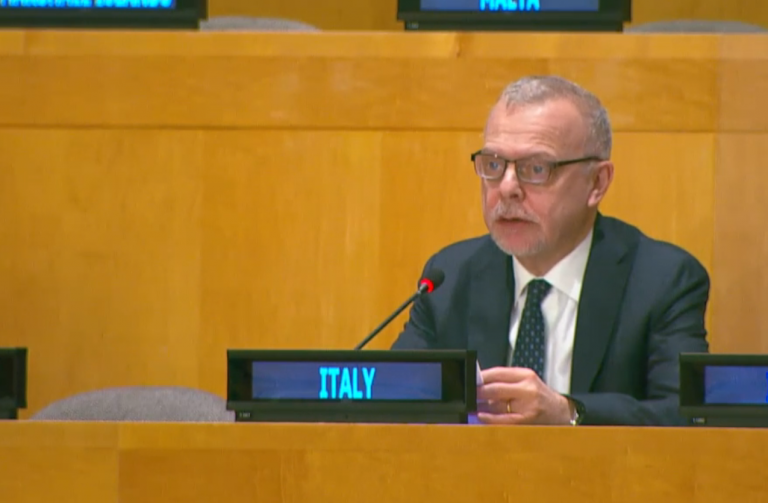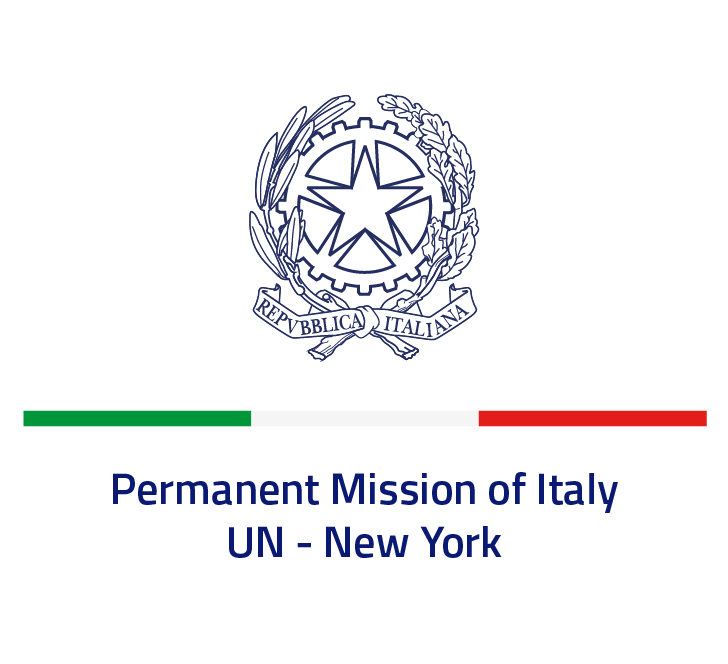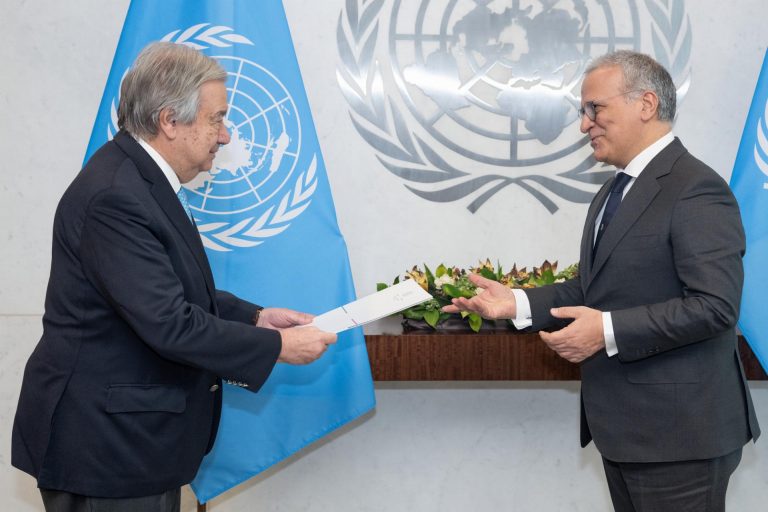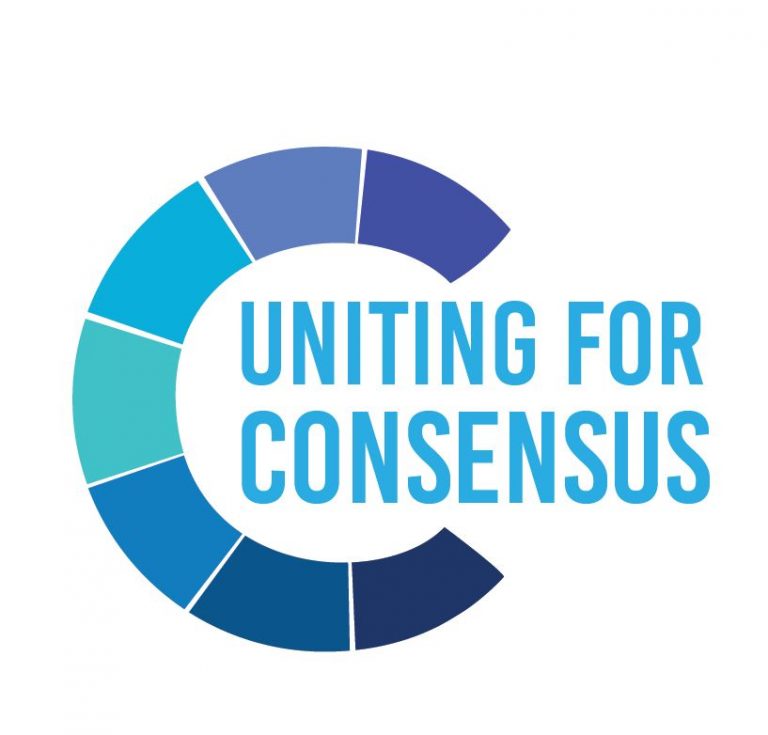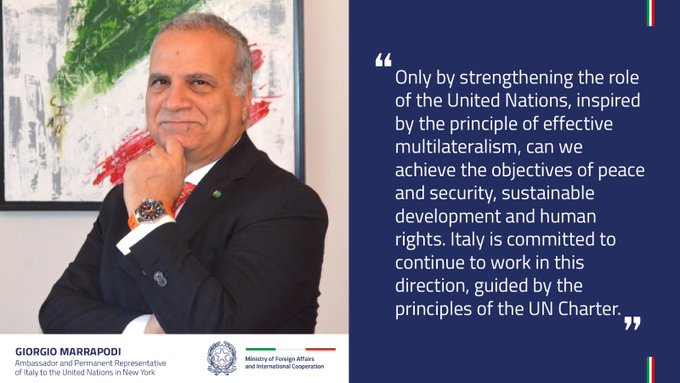Mr. Chair,
I would like to express my sincere gratitude for convening this timely open debate. As we navigate an era marked by rapid technological advancement, the need for a robust and unified approach to cybersecurity has never been more urgent.
Italy aligns itself with the statement of the European Union and would like to add some considerations in its national capacity.
Italy is concerned by the increasing number of malicious cyber activities, as well as by the development of ICT capabilities for military purposes.
We are strongly committed to enhancing cooperation between all Member States in the field of new digital technologies. Italy’s G7 Presidency aims to build on the efforts of the international community in promoting an open, interoperable, safe, secure, resilient and human rights respecting cyberspace, governed by the principles and rules of international law. Italy calls for the respect of the UN Charter and existing international norms in order to preserve peace and stability, and strengthen our common security.
The Security Council, with its primary responsibility to maintain international peace and security, is uniquely positioned to respond to cybersecurity threats for the benefit of all nations. This engagement of the Council should indeed complement other ongoing UN processes, such as the proposed Programme of Action to advance responsible behavior in the use of information and communication technologies in the context of international security.
Proposals put forward in prior sessions of the Security Council aim to optimize collective initiatives addressing the global security implications of ICTs. One such suggestion is to consider relevant cybersecurity concerns in specific national cases or in other broader, thematic issues, such as peacekeeping and peacebuilding missions, non-proliferation and counterterrorism.
Moreover, we should strengthen the UN’s capacity to respond to malicious uses of ICTs that jeopardize international peace and security. This is especially relevant when it comes to safeguarding civilians, critical infrastructure, and humanitarian operations. As we move forward, we must consider the key trends of malicious activities, sometimes amplified by new technologies like AI, as well as their potential as “threat multipliers” to existing conflicts, and what specific actions the Security Council and the UN, as a whole, can envision to address the mounting challenges ahead of us.
We are all aware of the potentially disproportionate impact malicious cyber activities can have on vulnerable segments of our populations. We are all at risk of cyber-attacks targeting critical infrastructure, such as healthcare or energy, or private citizens and businesses.
To stop perpetrators of cyber-attacks from reaping rewards for their wrongful conduct, capacity building is essential. In this regard, Italy will host a national conference on 2 July on enhancing the ecosystem of public and private entities tasked with cyber capacity building activities world-wide. This will serve to facilitate the implementation of future projects with an inclusive and multistakeholder approach. Attesting to Italy’s commitment to the success of this approach, let me reaffirm our readiness to work with all Member States to develop and strengthen the skills, processes and resources needed to adapt to a fast-evolving cyberspace, and ultimately ensure a safer future for all nations.
Thank you.







